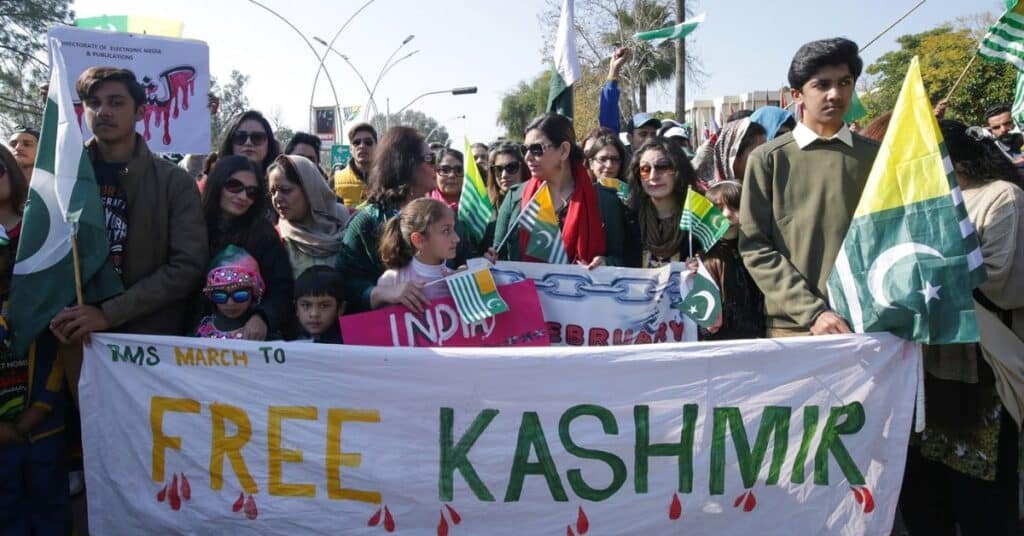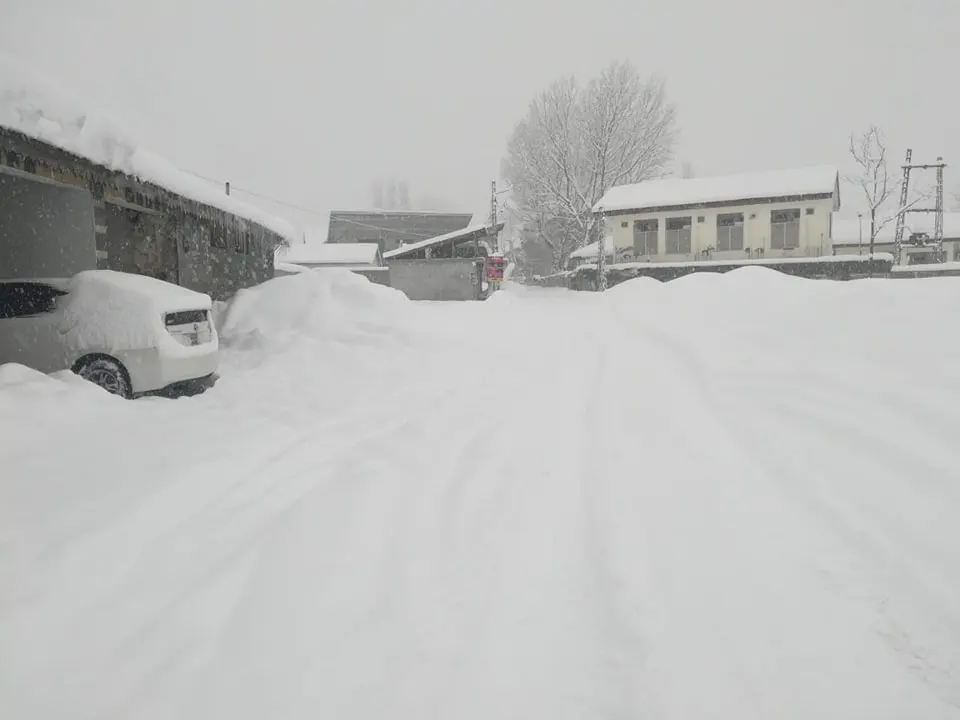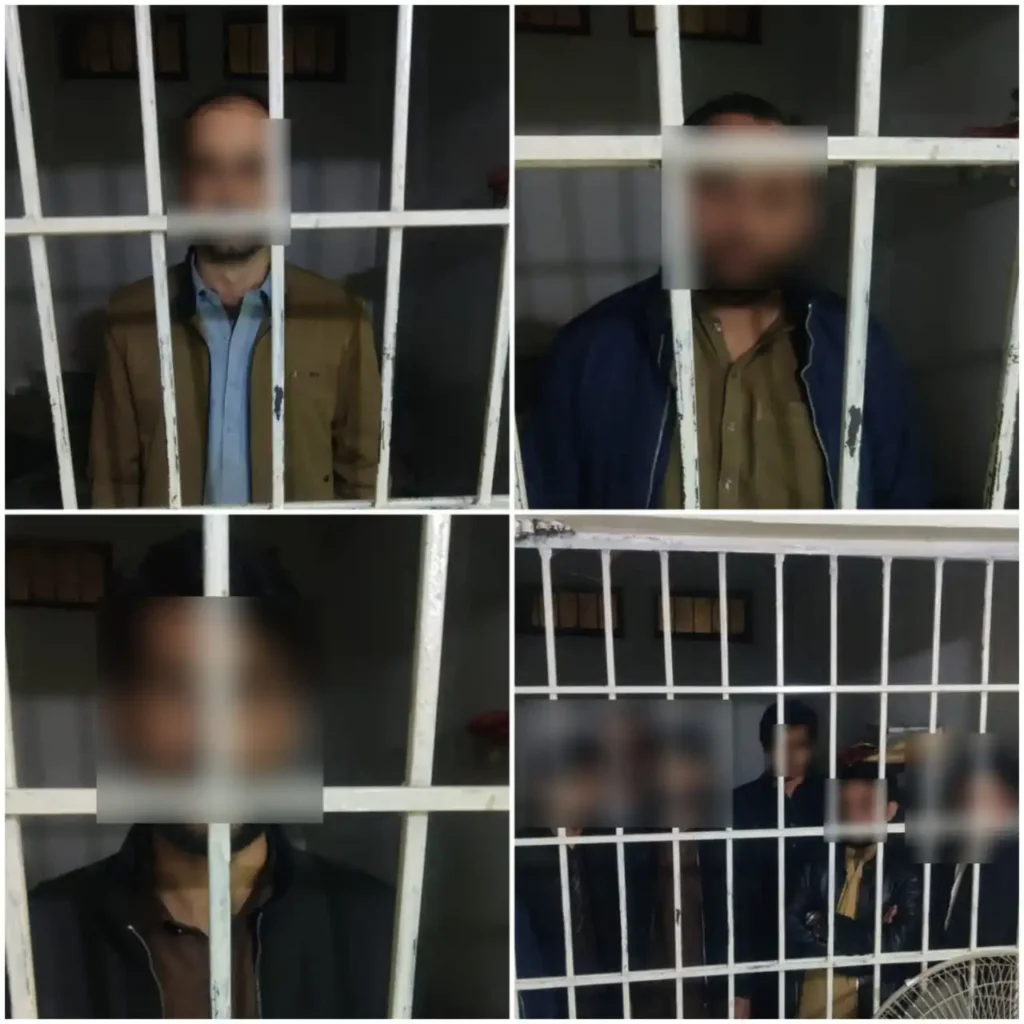BUNER: Residents of Buner are reeling under the weight of persistent and extended power outages, which have brought life in the district to a near standstill. Electricity cuts stretching up to 14 hours a day have severely affected household routines, commercial activity, education, and access to clean water—particularly in the scorching heat of July.
Hizar Hayat resident of Buner told Pakhtun Digital that even basic tasks such as cooking, cleaning, and water pumping have become a daily struggle. With water pumps rendered useless for long hours and refrigeration systems unable to operate, food spoilage has become common. Parents are also concerned about their children’s education, as students find it nearly impossible to study after sunset. Many households have resorted to waking up before dawn to complete chores before the power disappears again.
Small business owners in the district are equally distressed. Many shops are unable to keep cold beverages or frozen goods, causing significant losses in daily earnings. The frustration is mounting, especially among those who continue to pay their electricity bills but receive little to no service in return.
In recent weeks, this crisis has sparked a wave of protests across Khyber Pakhtunkhwa, with Buner now following suit. While larger protests have already erupted in areas like Nowshera, Kohat, and Peshawar—where demonstrators have even stormed grid stations—Buner residents are beginning to voice similar frustrations. Local leaders warn that unrest could escalate if authorities fail to address the problem immediately.
The KP government has acknowledged the crisis, with Chief Minister Ali Amin Gandapur publicly warning the federal government and PESCO of a severe backlash if power restoration is not prioritized. The chief minister has even threatened that the province could take over power distribution functions if load-shedding continues unabated.
According to government data, the electricity demand in Khyber Pakhtunkhwa stands at around 3,200 megawatts, while supply from the national grid is barely 2,150 megawatts—leaving a sharp shortfall. Compounding the issue are high line losses and widespread electricity theft, particularly on rural feeders. PESCO has responded with indiscriminate power cuts, applying blanket outages across entire regions without distinguishing between paying and non-paying consumers. This has fueled further anger among residents, especially those in compliant areas who feel they are being unfairly penalized.
Efforts are reportedly underway to reduce technical losses and crack down on illegal connections. However, progress remains slow. Despite recovery of over one billion rupees from defaulters in the last two months and coordinated raids against theft, the situation on the ground remains unchanged for thousands of residents in Buner.
As public frustration deepens, the district’s residents are demanding a clear schedule for power outages, priority access to essential services, and an end to what they see as a policy of collective punishment. Without swift action from both provincial and federal authorities, the people of Buner are likely to intensify their protests, joining a province-wide movement that continues to gain momentum with each passing day of darkness.
Read also: Charsadda Utmanzai residents threaten sit-in protest against prolonged load shedding





